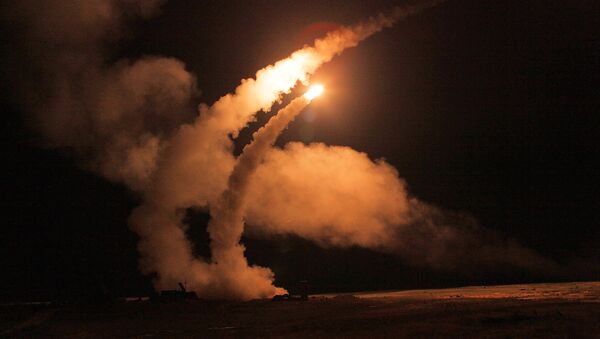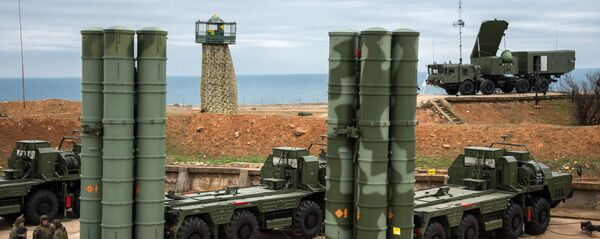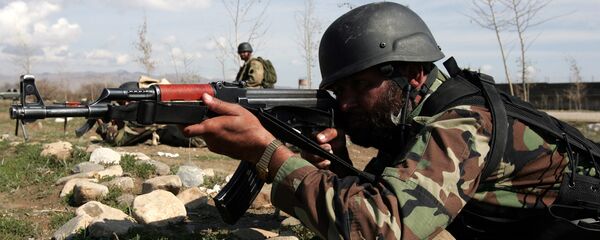New Delhi (Sputnik): Expressing his apprehension about the arms purchase by India, Pakistani Foreign Minister Shah Mohammed Qureshi has called on global powers to be "mindful" of their responsibility in terms of arms supplies to the region.
"The introduction of new destabilising weapon systems, such as the S-400 anti-ballistic missile system, could further accentuate challenges to strategic stability. They can encourage a misadventure by an adversary, under a false sense of security," FM Shah Mohammed Qureshi said on Wednesday in Islamabad.
READ MORE: US Approves $2.6 Bln Multi-Mission Chopper Sale to India Amid Tensions With Pak
India has denied the accusations, deeming the purchase as necessary for national security.
India's massive acquisition of conventional arms coupled with offensive doctrines, such as Cold Start, and its expansion of strategic assets, including nuclear submarines, are developments with serious security implications for Pakistan and the region, Qureshi opined.
He also mentioned that the recent ASAT test conducted by India on 27 March raised concerns in Islamabad. Qureshi warned the international community against providing concessions and sharing high-end technology with India.
"The country-specific exemption by the Nuclear Suppliers Group (NSG), has had negative implications for strategic stability in our region," Qureshi stated.
Qureshi urged global powers to remain mindful while dealing with countries in the region as the strategic stability of South Asia is impacted not only by regional developments but also by the approach of the international community.
The crisis between the two nuclear-armed nations escalated after the Pulwama terrorist attack in which 40 Indian soldiers were killed. Tensions were further heightened on 27 February when the two air forces got embroiled in a dogfight — their first ever in the last five decades — in retaliation to a "non-military pre-emptive" air strike conducted by the Indian Air Force against apparent terror infrastructure in Pakistan's Balakot on 26 February.
Pakistan claimed that it shot down two Indian fighter jets in the dogfight, while India refuted the claim and said that the second downed fighter jet was a F-16 of the Pakistan Air Force which was shot down by an IAF MiG-21 Bison.




